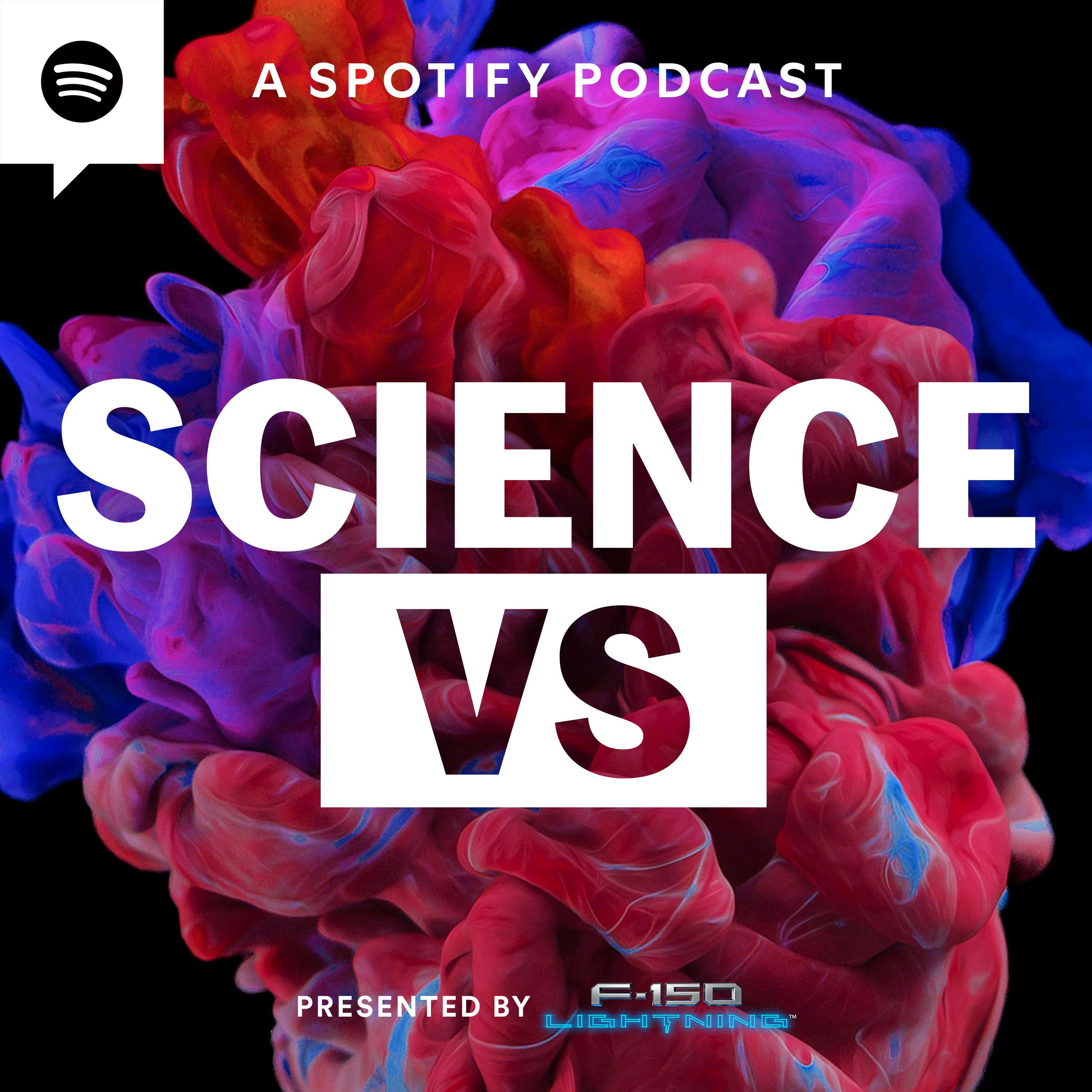
Deep Dive
- Autism diagnoses have increased dramatically in recent years, nearly five times more common than 25 years ago.
- The rise is not limited to the US; it's a global phenomenon.
- Various theories exist, including environmental toxins, vaccines, and screen time.
Shownotes Transcript
Autism rates are rising all over the world, and lots of people are wondering: why? In the U.S., HHS Secretary Robert F. Kennedy Jr. has said the cause is an "environmental toxin" and has vowed to get to the bottom of it. But we already have lots of science on this — so what does that research tell us? We talk with epidemiologist Professor Brian Lee, Associate Professor Karen Heffler, clinical psychologist Professor Catherine Lord, epidemiologist Professor Maureen Durkin, and Senior Science Researcher Dena Gassner.
We want to hear your ideas for new episodes of Science Vs! Tell us via:
Instagram at science_vs
Bluesky at sciencevs
X at @sciencevs
Email at [email protected])
Voicemail at +1(774) 481-1238
Find our transcript here: https://bit.ly/ScienceVsAutism)
In this episode, we cover:
(00:00) Rates of autism are going up
(03:33) The hunt for the cause of the ‘autism epidemic’
(13:43) Could screen time be causing autism?
(20:10) The changing definition of autism
(27:48) Could this explain the rise in autism?
This episode was produced by Meryl Horn, with help from Wendy Zukerman, Ekedi Fausther-Keeys, Michelle Dang, and Rose Rimler. We’re edited by Blythe Terrell. Fact checking, research assistance, and consulting by Erica Akiko Howard. Mix and sound design by Bobby Lord. Music written by Emma Munger, So Wylie, Peter Leonard, Bumi Hidaka and Bobby Lord. A special thanks to the researchers we reached out to, including Professor Karen Pierce, Professor David Mandell, Professor Deborah Bilder, Professor Frédérique Bonnet-Brilhault, Dr. Helen Tager-Flusburg, Dr. Isabella de la Lara, Katherine Byrne, Professor Sven Bölte, and Dr. Whitney Worsham. Special thanks also to Lynn Keeys and Mbella Beseka, Chris Suter, Elise and Dylan, Jack Weinstein and Hunter, and Joseph Lavelle Wilson and the Zukerman Family.
Science Vs is a Spotify Studios Original. Listen for free on Spotify or wherever you get your podcasts. Follow us and tap the bell for episode notifications.
Learn more about your ad choices. Visit podcastchoices.com/adchoices)